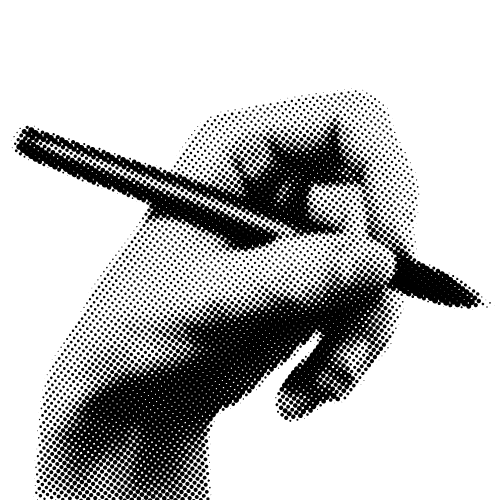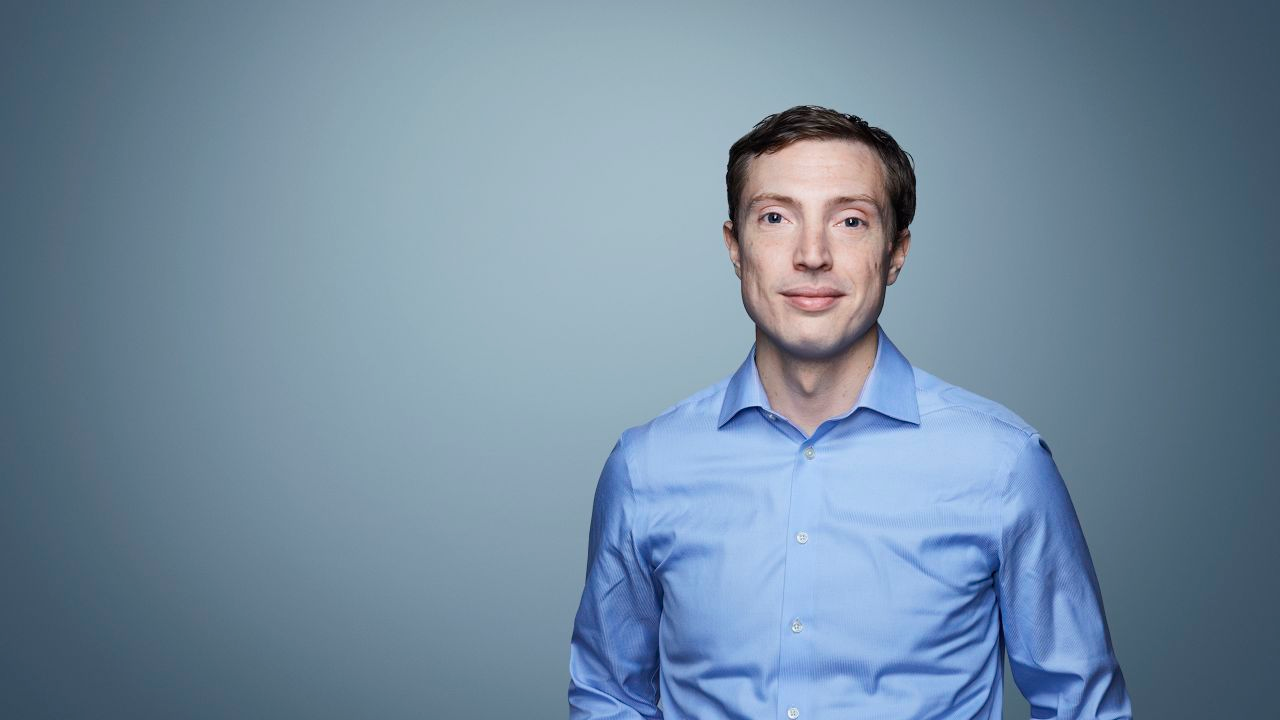As the 2024 presidential election cycle nears Election Day, CNN political reporter Aaron Pellish has been on the road covering the campaigns of former presidential candidate Robert F. Kennedy Jr. and assisting with other stories about the 2024 election.
However, following Robert F. Kennedy Jr.'s endorsement of former President Donald Trump in August, Pellish has also been assigned to cover recent events of Vice President Kamala Harris and Gov. Tim Walz's campaign.
"I woke up at 2:30 a.m. in Philadelphia, got on a flight to Albuquerque, and now I'm driving to Window Rock, Arizona," says Pellish, “CNN now has me helping out with the Democrats, crossing the country a lot, covering their events, and just trying to survive the next 11 days.” Now, he must drive six and a half hours through the vast empty desert before arriving at a political rally hosted by the Harris-Walz campaign.
Pellish spoke with journalism student Katherine Zimmerman while traveling to the rally to discuss his journey to becoming a journalist and his experiences reporting on high-stakes national politics.
What initially drew you to political reporting, especially in such a high-stakes environment?
I've always been interested in politics since I was young; it's just something that my family and I always talked about, something we cared about.
When I first wanted to do journalism, I wasn't sure what I wanted to do or how I wanted to do it. I tried a lot of different things, local stations, and I went to college in Missouri and I did some stuff locally in Chicago, Missouri, and in Kansas City.
It was really interesting. I learned a lot, it feels really vital. It feels really important. I'm at the forefront of real consequential moments in the country, in the history of the country. It feels like a really rare, special privilege to be able to do that.
How did you make your way to CNN? What was your career path like?
I went to the school for journalism at the University of Missouri, and I was trying out different types of newsrooms, like radio, TV, newspaper, and magazine newsrooms, and I got to kind of figure out what I liked and didn't like, what I felt good at what I didn't feel so confident in.
Then a friend of mine that I went to school with was finishing up at CNN—she posted in some alumni group board, saying, “Anyone looking for a one-year entry-level temporary position?” I texted her and said, “Hey, I don't know what this is, but I'd love to give it a shot.”
So I applied, did a couple of interviews—I flew out to DC, and I met with some people, and got the offer. That was about seven years ago, a little over seven years ago, wow… Once I got in the door, I did a lot of different things in the newsroom. I worked weekends, stayed overnight, and picked up days for people who called out sick or couldn't work. I said yes to everything they asked me to do. Then, I started getting more responsibilities, working the White House for our coverage there, on Capitol Hill, or covering Supreme Court protests or protests around DC, or big news events in DC.
Then, I helped a little bit with covering the 2020 election from the newsroom, and finally, last spring, I got started having conversations about government politics, got an offer, and accepted right away.
How has your approach to covering the 2024 election differed from 2020?
The obvious one is that COVID happened in the middle of the 2020 election cycle—you will never see a presidential campaign run the way it was for the last six months, from March to November of 2020, which was completely distinct from how this election cycle has been and how every election cycle before that was conducted. 2020 was a very, very unique election and this feels much more like what the 2016 election was like.
This cycle feels more "normal" in that regard, though there are still distinct dynamics with an incumbent president running for re-election versus an open race. I've also noticed more concerted efforts around voter mobilization and misinformation that require careful reporting.
How do you handle the challenges of fact-checking and combating misinformation while covering campaigns?
That's the most important thing. In every story I write that's the number one thing that I'm keeping in my head as I'm writing. It's being as fair to everyone as possible and providing the right context wherever possible. It's a constant balancing act. We try to be as fair and objective as possible, with multiple editors and fact-checkers reviewing stories.
But convincing those who are deeply skeptical of mainstream media remains difficult. There's a broader distrust of media, but I think specifically there is some specific distrust of media that doesn't align with people's worldviews. I think CNN and other outlets like the Washington Post and The New York Times don't always fall into a lot of people's worldviews very cleanly.
My usual approach is to focus on building trust with individual sources, whether voters or campaign staff, and letting the facts speak for themselves.
What has been one of the most memorable moments in your career so far?
If there's one recent story I'm proud of, it would be uncovered discrepancies in Walz's statements about his time in China. He had said that he was in China a bunch of times, way more than he actually was, and that he was in China in a specific period of time around these pro-democracy protests that led to the Tiananmen Square Massacre. Others from our investigation team and I were doing the story that laid out the discrepancies of what he had said and found some more things that had not yet been reported.
Seeing that reporting become a focus of the vice presidential debate was a gratifying moment, knowing the work contributed to an important public discussion. We uncovered a lot of new stuff, and we helped elevate the story in a real way, which ultimately ended up being one of the major questions asked by CBS, which is a pretty cool moment to see.
For aspiring political journalists, what advice would you give about breaking into the field?
My one major piece of advice would be to move to Washington, D.C., if possible, as there are a lot more political journalism jobs there, for obvious reasons. But besides that, I’d also tell people to read extensively, build relationships with people in the field, and try to develop a deep understanding of the issues you’re reporting on. I believe all of those qualities can really help you stand out when starting out in politics and journalism.

